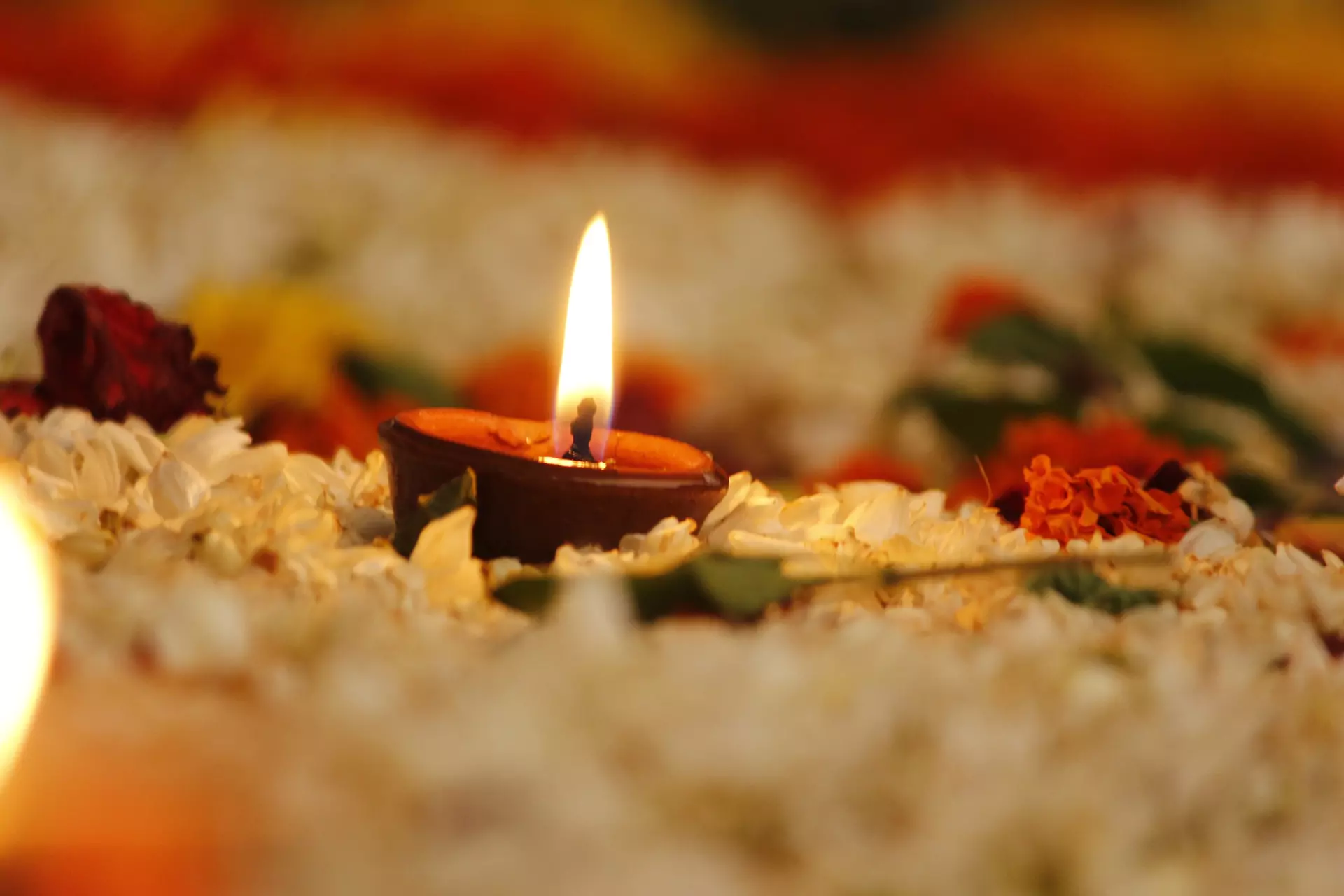
Bhai Dooj 2024 Date, Tithi Time, Significance, Rituals
Posted on November 1, 2024
Bhai Dooj, also known as Bhaiya Dooj or Bhau Beej, is a Hindu festival that celebrates the special bond between brothers and sisters. Observed on the second day after Diwali (the last day of the five-day Diwali celebrations), Bhai Dooj is similar to Raksha Bandhan in its focus on sibling love and protection, though it has its own unique significance and rituals.
Bhai Dooj in 2024 falls on November 3, Sunday.
The tithi time begins at 8:21 PM on November 2 and ends at 10:05 PM on November 3.
Significance of Bhai Dooj
The festival of Bhai Dooj holds a special place in Indian culture, symbolizing the love and care between brothers and sisters. It is believed that on this day, sisters pray for their brother’s long life, health, and prosperity, while brothers, in turn, promise to protect and support their sisters in all circumstances. Bhai Dooj is celebrated across India with different regional names and rituals, such as Bhau Beej in Maharashtra, Bhai Phonta in Bengal, and Yama Dwitiya in some parts of South India.
The mythology behind Bhai Dooj traces back to several legends. One of the most popular stories is of Yama, the god of death, visiting his sister Yamuna on this day. Yamuna welcomed him warmly, performed rituals, and prayed for his well-being. Touched by her devotion, Yama declared that any brother who visits his sister on this day and receives a tilak (vermilion mark) on his forehead will be blessed with a long life. This is why Bhai Dooj is also called Yama Dwitiya in some parts of India.
Another legend revolves around Lord Krishna visiting his sister Subhadra after his victory over the demon Narakasura. Subhadra welcomed Krishna with a tilak, sweets, and lamps, expressing her joy and relief. This became a symbolic ritual for brothers and sisters to celebrate.
Rituals of Bhai Dooj
The rituals of Bhai Dooj vary slightly in different regions, but they generally include the following steps:
-
Tilak Ceremony: Sisters apply a tilak or tika on their brothers’ foreheads as a mark of protection and blessing. The tika often includes vermilion, sandalwood paste, or roli, and is sometimes accompanied by rice grains as a symbol of prosperity and longevity.
-
Aarti and Prayers: Sisters perform a small aarti (ritual with a small flame) for their brothers, praying for their long life, happiness, and success. Some sisters also offer prayers to Yama, the god of death, for their brothers’ safety.
-
Exchanging Gifts: After the tilak ceremony, brothers and sisters exchange gifts as a token of love. Brothers often give gifts to their sisters as a gesture of appreciation and love, while sisters sometimes offer handmade items or sweets to their brothers.
-
Feasting Together: Families usually gather for a special meal on Bhai Dooj, and sweets are an essential part of the celebrations. Traditional sweets like laddoos, barfi, and kaju katli are shared between siblings to mark the sweetness of their bond.
